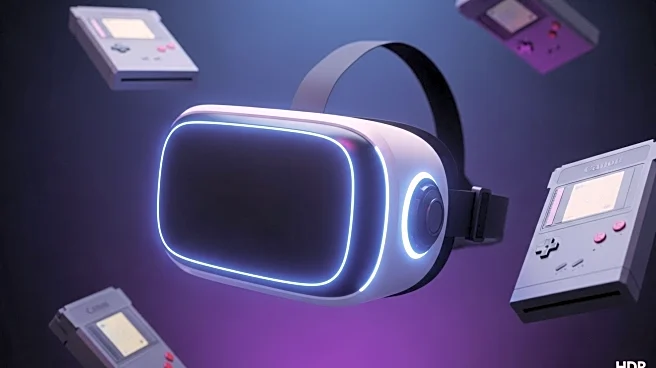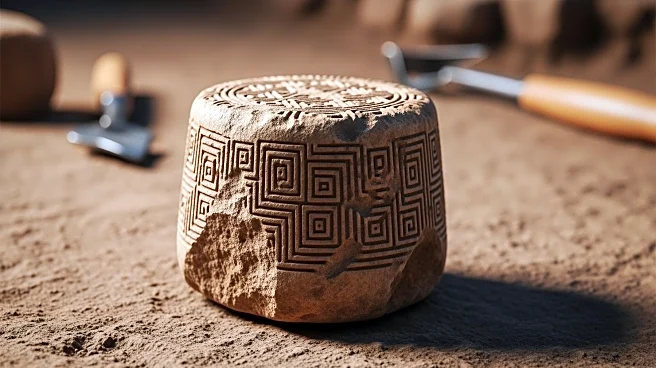What's Happening?
An open-source emulator, Virtual Boy Go, has been developed to allow users to play Virtual Boy games on the Quest headset, bypassing the need for Nintendo's official solution. This app, available through SideQuest, offers a way to experience the 3D visuals of the original Virtual Boy hardware. Nintendo has announced that Virtual Boy games will be available on the Switch and Switch 2 through their Nintendo Switch Online + Expansion Pack service, set to launch in February 2026. However, Virtual Boy Go provides an immediate alternative for those willing to sideload the app onto their Quest headset. The emulator offers customizable features, including color palette adjustments and button mapping, enhancing the gaming experience beyond what the original Virtual Boy offered.
Why It's Important?
The development of Virtual Boy Go highlights the growing trend of open-source solutions providing alternatives to official gaming platforms. This development is significant for gamers who seek to experience retro games without waiting for official releases or subscribing to additional services. It also raises questions about the legality and ethical considerations of using emulators, as downloading ROMs of games without owning them constitutes copyright infringement. The availability of Virtual Boy Go may influence Nintendo's approach to retro game offerings and subscription models, potentially impacting their revenue from official services.
What's Next?
Nintendo's official release of Virtual Boy games on the Switch and Switch 2 is scheduled for February 2026, which may affect the popularity of Virtual Boy Go. Users who prefer a legal and straightforward gaming experience might opt for Nintendo's service, while others may continue using the emulator for its customization options. The gaming community's response to these developments could influence future decisions by Nintendo regarding retro game accessibility and subscription models.
Beyond the Headlines
The emergence of Virtual Boy Go reflects broader trends in the gaming industry, where enthusiasts and developers create solutions to access and preserve older games. This trend raises ethical and legal questions about intellectual property rights and the balance between preserving gaming history and respecting copyright laws. The situation also underscores the demand for retro gaming experiences and the potential for companies to capitalize on nostalgia-driven markets.









